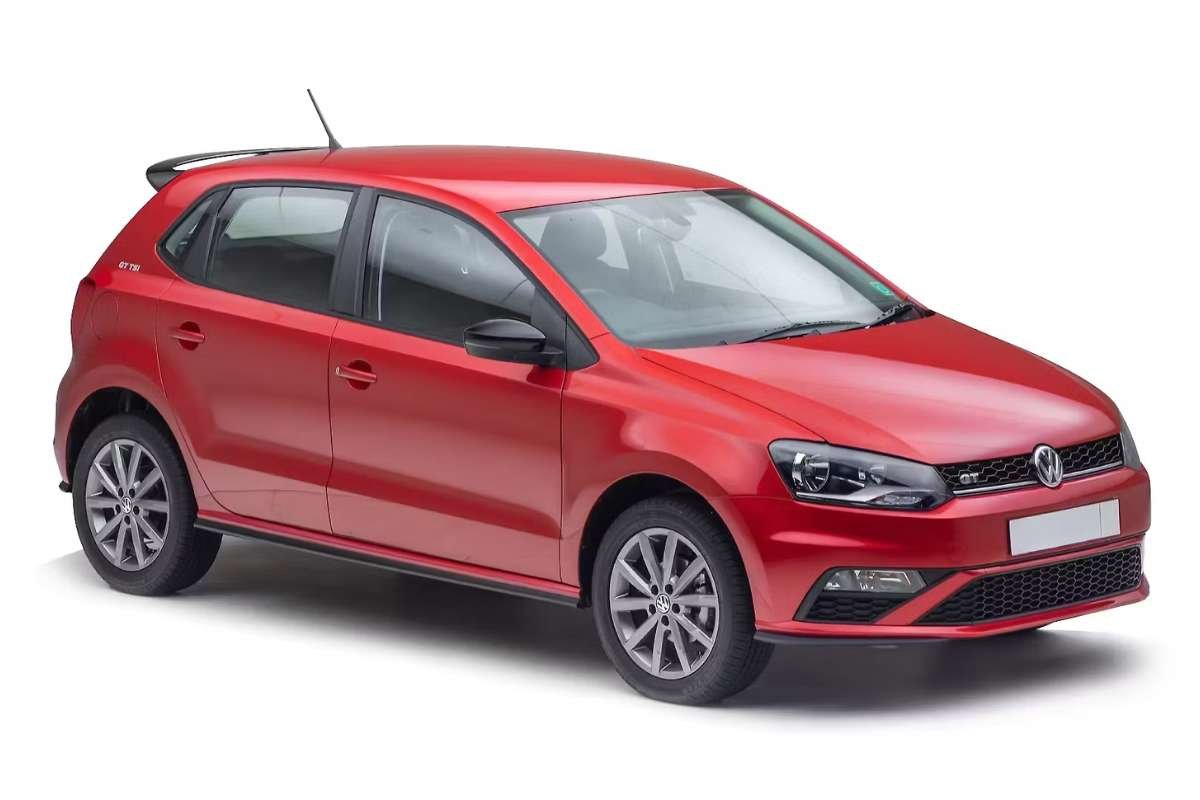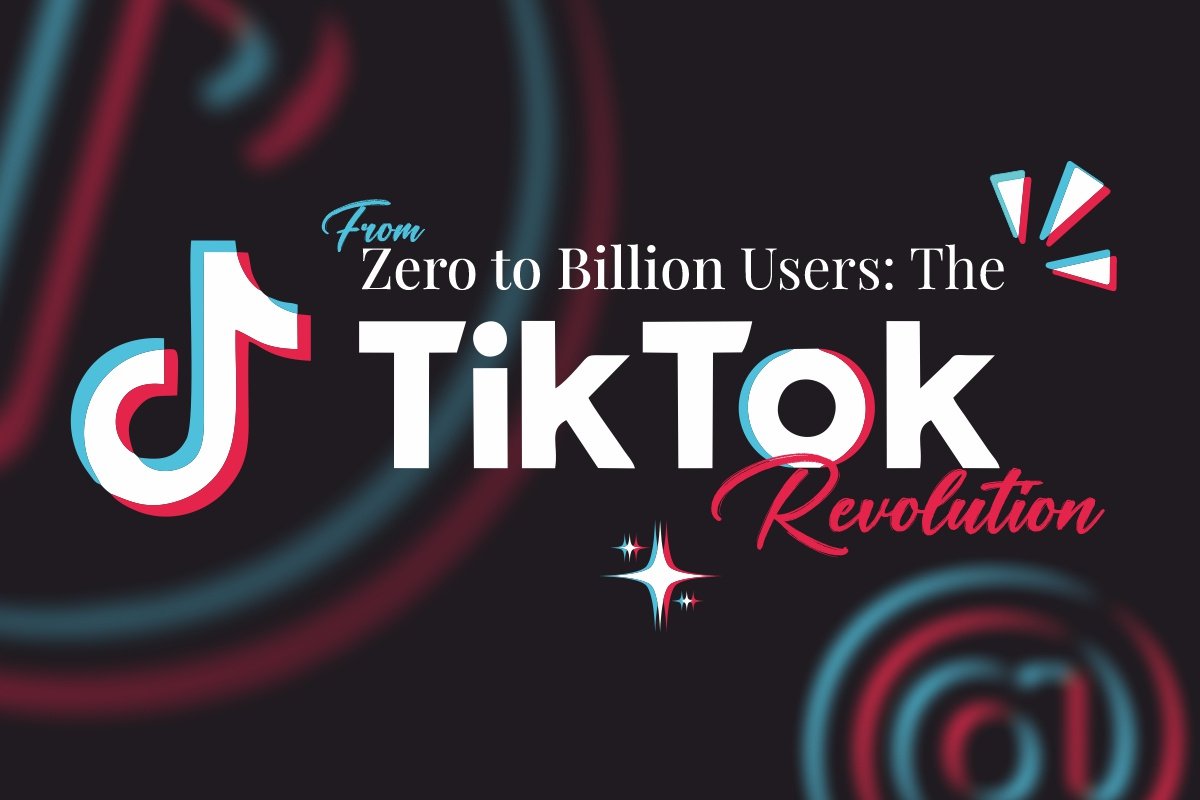Imagine driving a sleek, German-engineered vehicle, feeling a sense of pride and confidence in your purchase. Little do you know, beneath the polished exterior, a dark secret lurks. In 2015, Volkswagen, a global automotive giant, was exposed for a scandal that rocked the industry to its core. The “Dieselgate” scandal revealed a systematic deception that involved the installation of software designed to cheat emissions tests. You’ve likely seen its vehicles on the roads. Perhaps you or someone you know has even considered owning one. So, buckle up and join us as we unravel the case study of Volkswagen and understand everything about the brand.
A History of Automotive Excellence

Volkswagen’s story began in the 1930s when Adolf Hitler wanted to create a cheap and reliable car for everyday people. He asked engineer Ferdinand Porsche to design it, which led to the creation of the famous Beetle. During World War II, the company mainly built military vehicles and used forced labour, which is a dark part of its history.
After the war, the British took over the factory and helped restart car production. The Beetle became popular and became a symbol of Germany’s recovery and, later, a favorite of young people worldwide. It even beat the Ford Model T in total sales.
In the 1970s, Volkswagen realized it needed to change and started making new types of cars, like the Golf and Passat, which were front-wheel-drive and very successful. Over the years, the company grew bigger and bought other car brands, becoming the huge Volkswagen Group we know today.
From its beginnings with a political goal and wartime troubles to becoming a world-famous carmaker, Volkswagen has had a long and powerful impact on the car industry.
What Makes it a Good Choice?
When you choose its cars, you’re opting for a rich heritage of trust, innovation, and top-tier engineering. The brand is synonymous with excellence, delivering vehicles that combine driving pleasure with safety and user-friendly features. With stylish designs and cutting-edge technology, the company consistently demonstrates its dedication to quality. Here’s why so many drivers consider a Volkswagen:
- Superior Performance: It is known for crafting vehicles that are both durable and reliable. Each model is built with precision, from the sturdy exterior panels to meticulously designed interiors. This attention to detail sets Volkswagen apart, offering cars that are as stylish as they are dependable.
- Timeless Design: The company delivers unmatched comfort through its elegant, high-quality interiors. Each model boasts luxurious features, like smooth rides, supportive seats, and refined finishes that create a premium atmosphere inside the cabin. Its design philosophy appeals to those who appreciate sophistication and style.
- Proven Reliability: Reliability is a top priority when purchasing a new car. It has built a reputation for creating vehicles that don’t just look good—they last. Known for their durability, these cars are designed to perform well over time, making them a reliable choice for drivers who value dependability.
- Versatility and Credibility: From the compact Polo to the upscale Passat, Volkswagen’s lineup offers something for everyone. Each model undergoes rigorous research and testing, ensuring that every vehicle meets the high standards that which it is known. This versatility makes the company a standout brand, offering options for a range of preferences and needs.

- Advanced Technology: It is at the forefront of automotive technology with features like IQ.DRIVE and advanced Driver Assistance systems. These innovations make navigating highways, city streets, and tight parking spaces easier and safer, providing peace of mind for every journey.
- Fuel Efficiency: Volkswagen vehicles are designed to be economical, helping drivers save at the pump. And as part of its commitment to a greener future, the company plans to add over 22 electric models to its lineup by 2030, including the ID.4 and ID. Buzz. This shift towards electric vehicles promises even greater savings and a more sustainable driving experience.
Volkswagen’s Road to Relevance
Volkswagen uses a mix of traditional and modern marketing strategies to reach a wide range of customers globally. Here are the key marketing strategies used by Volkswagen:
1. Brand Positioning
- German engineering + affordability.
- Taglines like “Das Auto” and “Drive Bigger.”
2. Emotional Advertising
- Uses humor, nostalgia, and storytelling (e.g., “The Force” ad).
3. Digital & Social Media
- Active on YouTube, Instagram, and TikTok.
- Engages with influencer content and AR/VR campaigns.
4. Sustainability Focus
- Promotes EVs (like ID.4) and carbon-neutral goals post-emissions scandal.
5. Product Diversification
- Offers a wide range: compact cars, SUVs, EVs, and luxury via brand group.
6. Localized Marketing
- Adapts campaigns for regional markets and cultures.
7. Innovative Launches
- Uses digital events, auto shows, and nostalgic elements for product reveals.
8. After-Sales Service
- Offers extended warranties and loyalty programs to retain customers.
9. Sponsorships & Partnerships
- Supports sports, music, and tech events to boost brand presence.
Ad Campaigns by Volkswagen

1. “Think Small” (1959)
- Why: Turned Beetle’s small size into a selling point.
- Strategy: Humor, honesty, minimalism.
- Impact: Changed modern advertising.
2. “Lemon” (1960)
- Why: Highlighted strict quality checks.
- Strategy: Transparency through irony.
- Impact: Built consumer trust.
3. Emotional Storytelling
- Examples: Family memories, nostalgia.
- Strategy: Emotional connection, brand loyalty.
- Impact: Humanized the brand.
4. Humorous Positioning
- Examples: Comparing VW to luxury cars with wit.
- Strategy: Relatable, down-to-earth tone.
- Impact: Balanced quality with accessibility.
5. Super Bowl Ads
- Example: “The Force” (2011) – viral, emotional, funny.
- Impact: Huge reach, brand affection.
6. Post-Crisis Rebranding (After 2015)
- Strategy: Focus on EVs, trust, and sustainability.
- Tagline: “Drive Bigger.”
- Impact: Image repair, future positioning.
Success Factors
Despite facing challenges such as emissions scandals and shifting consumer preferences, Volkswagen has remained a thriving automotive company.
Key factors contributing to its success include:

- Global Expansion: Its presence in various markets worldwide helps it mitigate risks and maximize profits.
- Diversification: The company’s focus on electric vehicles, alternative energy technologies, and commercial vehicles demonstrates its adaptability to changing trends.
- Strategic Partnerships: Collaborations with other companies have enhanced its expertise and market reach.
- Innovation: The company’s emphasis on cutting-edge technologies like AI, ML, and robotics ensures it remains competitive.
- Strong Brand Equity: Volkswagen’s reputation for trust, durability, and affordability has been a significant asset.
- Effective Marketing: Targeted advertising strategies have helped the company build brand loyalty and attract new customers.
Dieselgate Scandal
In 2015, Volkswagen was embroiled in a major scandal when it was revealed that millions of its diesel cars were equipped with devices to cheat emissions tests. This deception, known as “Dieselgate,” had severe consequences for the company, including:
- Lawsuits and Fines: The automobile company faced significant legal challenges and billions of dollars in fines.
- Market Value Decline: The scandal caused a sharp drop in the company’s stock price.
- Damage to Reputation: Consumer trust in the company was severely damaged.
To recover from this crisis, the company has focused on:
- Electric Vehicles: The company has invested heavily in developing and producing electric vehicles.
- Transparency and Ethics: The company has implemented measures to improve transparency and ethical standards within the organization.
While Volkswagen has made progress in rebuilding its reputation, the Dieselgate scandal remains a dark chapter in its history.
Key Competitors
Volkswagen faces stiff competition from several major automotive companies, including:

- Toyota: Known for reliability, fuel efficiency, and hybrid technology.
- Ford: A strong presence in the truck and SUV market.
- General Motors: A diversified automaker with a focus on electric vehicles.
- Honda: Renowned for reliability and engineering excellence in compact and medium-sized cars.
- Hyundai-Kia: A rapidly growing South Korean automotive group with a focus on electric vehicles.
Conclusion
Despite facing significant challenges, such as the Dieselgate scandal, Volkswagen has proven its resilience by learning from its mistakes and emerging stronger. The company’s transition to electric vehicles and focus on sustainable mobility reflect its dedication to a greener future. Its legacy of innovation and customer-centric approach will continue to shape its success as it navigates the evolving automotive landscape.






